3 Takeaways From The Massive Microsoft-Activision Deal
Microsoft's "monopoly," Kotick's comeuppance, and Blizzard's bumbling.
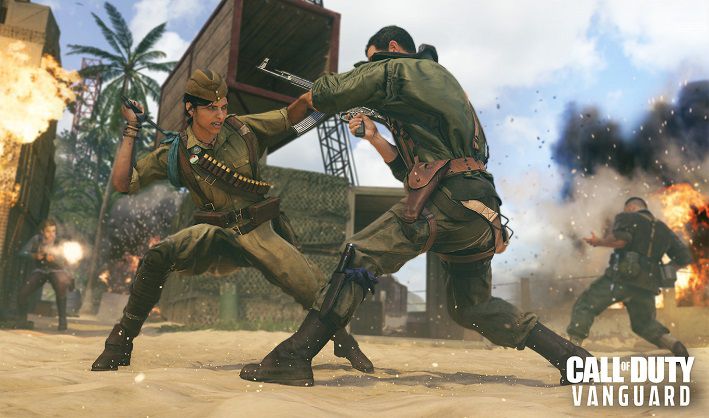
There's a lot to unpack regarding yesterday's bombshell announcement that Microsoft plans to purchase Activision Blizzard for just shy of $70 billion. Rather than trying to dissect every little shred of info – which might take longer than it will for the actual deal to close – I've decided to focus on three primary topics that have come to mind as I've been seeing all the reactions to the sale over the past 24 hours.
1. Microsoft doesn't own “everything”
After Activision acquired Blizzard in 2008, it marked the end of competition in the video game space. Every game that was released thereafter was under the Activision Blizzard label, and the company owned 100% of the market share.
checks notes Wait, no, that's not right...
This is a huge deal, make no bones about it. But it's not a monopoly, as is being uttered from a few corners of the internet. There are still a ton of large game companies and franchises that Microsoft doesn't control. The other console devs, Nintendo and Sony, are on the top of the list, of course. There's also Ubisoft, Square Enix, Tencent (which includes Riot Games and 40% of Epic Games), Roblox, and Electronic Arts. Add in smaller-but-still-relevant studios like Wargaming, Amazon Games, Capcom, Krafton, Nexon, and the hordes of independent studios out there, and it's clear that while Microsoft gained – at best – a few percentage points of market share from this deal, it doesn't own everything. According to Newzoo, sourced by Reuters, Microsoft's gaming market share was 6.5% in 2020 and adding Activision would have taken it to 10.7%.
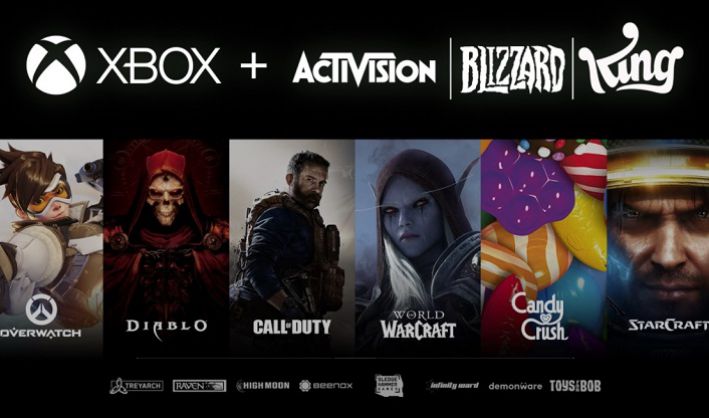
The gaming landscape is vastly different now than it was when the Activision Blizzard deal closed in mid-2008. Now-giant game franchises, like Assassin's Creed and Mass Effect, were just getting started. Final Fantasy XIV – the first version – was still years away. Steam had a few hundred games (150 in mid-2007). Heck, Burning Crusade was still the most recent World of Warcraft expansion.
So no, Microsoft doesn't “own everything” and certainly doesn't have a monopoly – unless they buy Hasbro next, in which case they'll at least have Monopoly. At this point, I wouldn't rule that out.
2. Bobby Kotick won't get his true comeuppance
Metroid, Darth Malgus, Ganon, Lady Dimitrescu … these all pale in comparison to the ultimate video game villain, Activision CEO Bobby Kotick. By now, we're all painfully aware of the reprehensible behavior that has transpired under his stead, some of which he is personally responsible for, which has led to nearly everyone on the planet calling for his removal.
Unfortunately, unlike in video games, we won't be able to simply do away with the final boss of Activision and save the realm without paying a massive price. That price is in the quarter-of-a-billion-dollar territory, which is what it would cost to fire Kotick “without cause.” That number goes down considerably, to less than a million bucks – a mere pittance! – if he's fired “with cause,” but proving that sort of thing in court would be far from a sure thing, despite Kotick's many documented transgressions. Toss in the fact that Kotick, as a major stockholder in Activision, will receive a significant sum from the buyout, and it's safe to say that he'll emerge from all of this with more money than you can shake all the sticks in the world at.
Bobby Kotick isn't going to get unceremoniously dumped to the curb any time soon.
So no, Bobby Kotick isn't going to get unceremoniously dumped to the curb any time soon. His current contract to serve as CEO runs until March 2023, at which point Microsoft CEO Satya Nadella or Head of Xbox Phil Spencer will write a glowing column thanking him for his many years of service and congratulating him on a job well done, rather than condemning him for his heinous behavior and abdication of any leadership responsibility.
It's going to be a far better fate than he deserves, but we can take some solace in the likelihood that there's at least a real path forward for the company to proceed without him. If we're even luckier, Kotick will be demoted to little more than a figurehead during his last year with the company, as his responsibilities are shifted to others in preparation for his departure. But there's virtually no scenario where he doesn't get a massive payout, making his magnanimous gesture to reduce his salary that much more meaningless. Even when he pretended to do something good, it was still dishonest. Good riddance.
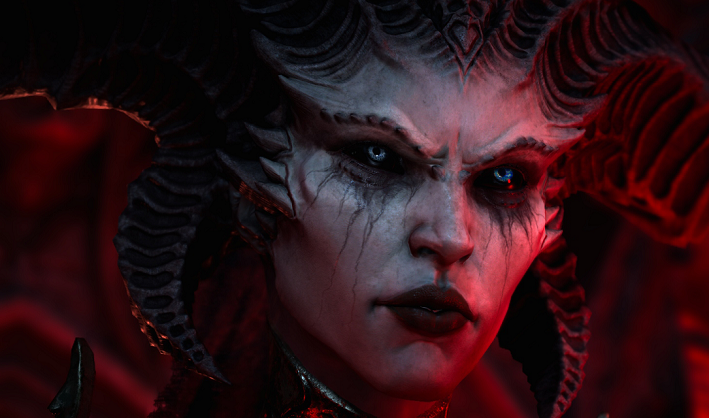
3. This won't solve all the problems at Activision Blizzard
This one is true on multiple levels. First, there are the obvious issues with workplace culture and harassment, and while it's nice to think that Bobby Kotick's impending departure will help – and it will – Activision Blizzard is hardly the only company that has dealt with this kind of thing. Riot, Ubisoft, Bungie, and more have all been under the gun for various issues related to sexual harassment and other poor treatment of its employees, and it's impossible to think that there aren't similar problems – though perhaps to a lesser degree – at Microsoft. Employees need to stay vigilant, HR at virtually every company needs reform, and unionization efforts need to (and will) continue, to make sure things don't get as bad at the new company as they were at the old.
Employees need to stay vigilant, HR at virtually every company needs reform, and efforts at unionization efforts need to (and will) continue.
Even putting all of that aside, Activision Blizzard has had plenty of issues just with the development of its games in recent years. Call of Duty: Warzone has been a smash success, but the most recent yearly CoD installment, Vanguard, arrived to mixed-to-poor reviews from critics and fans. In Blizzard-space, Overwatch 2 and Diablo IV are each in their 38th year of development (it seems), and World of Warcraft's shine was greatly faded even before a large chunk of people abandoned their subscriptions in the wake of the harassment lawsuits. And then there's Heroes of the Storm, which is, perplexingly, still operating …
Some of that might be due to good employees leaving the company as a direct result of that office culture, which is a trend that should hopefully reverse itself, but Activision and Blizzard will each need a serious jolt if they want to return to their glory days. Those may never arrive, even if Overwatch 2 and Diablo IV launch next year as scheduled, which nobody would count as a guarantee at this point. Things aren't likely to get worse, because they were about as poor as could be before the sale, but it's going to take a whole lot of work before they get better.
Related Articles
About the Author

Jason Winter is a veteran gaming journalist, he brings a wide range of experience to MMOBomb, including two years with Beckett Media where he served as the editor of the leading gaming magazine Massive Online Gamer. He has also written professionally for several gaming websites.
More Stories by Jason WinterRead Next
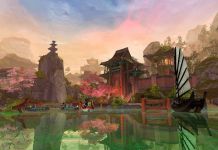
New lands await and an old foe returns in a more accessible strike mission.
You May Enjoy
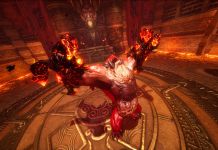
Jin calls the attack a "crime" they're taking "very seriously."

I wasn't a huge fan back in the day, but yes, I'll be trying out the game's return.

Yes, your gold is fine...for now! MWAHAHAHA!

The game will be a “premium product”.
I thank them for the internet and my computer system wouldn't be what it is today.
A total glory of greatness. put down your mobile phones.. its a ramble LOL